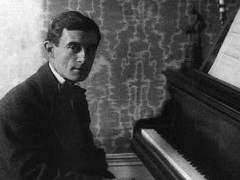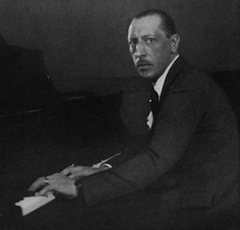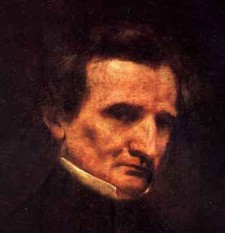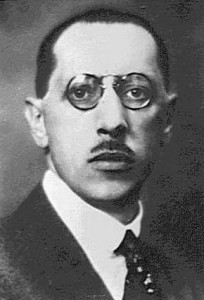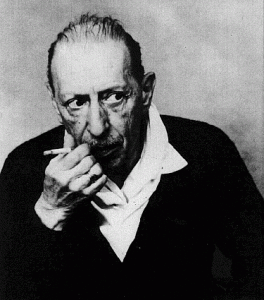Some Ravel, some Stravinsky, some Josquin. The Josquin is a disc of motets, another with some of his music played on viols. The Stravinsky discs are a Philips ‘Two-fer’, CD re-issues of usually pretty good older recordings that were priced two-for-one. The two discs cover his ‘Symphonies and Concertos’, the stand out being Igor Markevitch’s recording of the ‘Symphony of Psalms’. Great performance and recording. I first got to know this piece by playing it at UC Berkeley (as part of an all Stravinsky program) and, compositionally, it comes to mind quite often. In some ways the work is quite classical (as Stravinsky would do at times). The opening chord and the melodic material between them has a bit of an echo of Beethoven, if not in content and color, but in how repetition and time are used. The violin concerto recording is also very well done, with Arthur Grumiaux on violin. Grumiaux is one of my favorite violinists in general. His Bach recordings are phenomenal, and his Stravinsky is right up there as well.
The Ravel disc is also a two-fer, but in the Decca / London version (the Double-Decker). Funny how classical music used some of these marketing schemes. Again, the performances are amazing… in this case, it is Pascal Rogé’s complete Ravel piano pieces. This is, and has been, one of my favorite discs for some time. Ravel is one of my favorite composers, and these discs are a big part of what got me into him. So much shimmer in his music… wonderful use of register and texture. These discs offer great performances of these works as well. They are older recordings though, a bit quiet, and could probably do with some clean-up. But one thing the background hiss caused me to do with these discs is not play them too loudly. And the funny thing is, it is because of this technical flaw that I actually started to listen to most of my classical music at proper volumes. There should be dynamics that allow the performance to go from a whisper to a roar. And while there is tape hiss in these recordings, it is better then having to deal with the compressed dynamics that so many digital recordings offer now. The piano is quiet on the Rogé discs when it is supposed to be quiet, and it is quite loud at other times. The recordings benefit as a result, and if you grab these yourself and find that the sound is sometimes very soft, that is probably because it should be. My suggestion would be to start the third movement of ‘Gaspard’, and find a comfortable (but loud volume), then don’t touch the knob on your stereo. Just enjoy the full range of sound and color on these discs.
More on Rogé and Ravel later – possibly tomorrow. Now I want to dig up his recordings of the trio and violin sonata… both are LOTS of fun as well.


